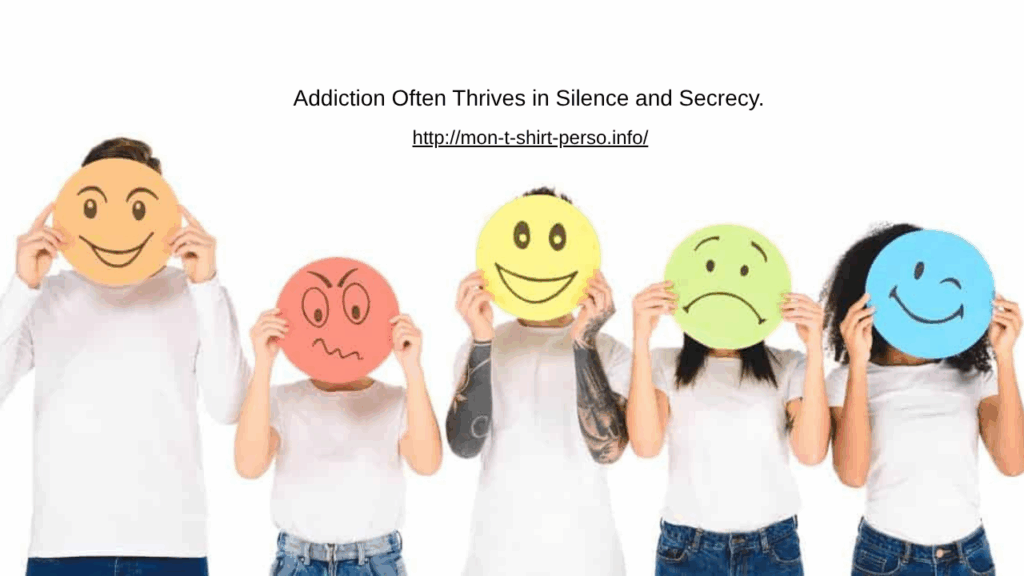
Why Emotional Honesty Matters in Recovery
Addiction recovery is more than breaking free from substances. It is about healing the mind, body, and spirit in a way that supports lasting change. One of the most powerful tools in this process is emotional honesty. Many people entering treatment carry years of bottled-up emotions, unspoken pain, or hidden struggles. While it may feel safer to keep these feelings inside, emotional honesty creates the foundation for genuine recovery. Speaking your truth allows you to release burdens, build trust, and embrace a life of long-term healing.
At its core, emotional honesty is not about sharing everything all at once. It is about learning to recognize what you truly feel and expressing it in ways that support growth. For individuals facing addiction or mental health challenges, this process can be life-changing.
The Connection Between Emotional Honesty and Healing
Silence often fuels addiction and mental health struggles. Shame, fear of judgment, or the belief that others will not understand can lead to emotional isolation. Emotional honesty breaks that cycle. By acknowledging and voicing your feelings, you make space for understanding, compassion, and healthier coping skills.
Benefits of Emotional Honesty in Recovery
- Stronger relationships: Honest conversations help rebuild trust with family, friends, and peers.
- Healthier coping mechanisms: Instead of numbing emotions, you learn to face them and manage them constructively.
- Reduced relapse risk: Open communication about triggers and struggles makes it easier to seek support before setbacks happen.
- Improved self-awareness: Understanding your feelings helps you make clearer, healthier choices in recovery.
Creating Safe Environments for Honest Expression
Emotional honesty requires safety. Many people fear being judged, dismissed, or misunderstood. That is why inpatient and outpatient treatment programs focus on creating supportive spaces where individuals can be open without fear. Group therapy sessions, individual counseling, and holistic approaches such as art or faith-based practices give people structured outlets to share what they feel.
In these settings, clients discover that they are not alone. Hearing others share their experiences often gives the courage to speak up. Over time, this honesty becomes a source of strength, allowing individuals to connect with their true selves and embrace recovery more fully.
Practical Steps to Practice Emotional Honesty
- Start with self-reflection: Journaling or meditation helps identify emotions before speaking them out loud.
- Take small steps: Begin by sharing one honest thought or feeling with a trusted counselor or peer.
- Use “I” statements: Expressing feelings with clarity (“I feel anxious when…”) builds healthier communication.
- Seek guidance: A therapist or recovery coach can provide tools to express emotions in ways that support healing.
Honesty as a Pathway to Long-Term Healing
Recovery is not only about avoiding harmful behaviors. It is about building a life that feels authentic and fulfilling. Emotional honesty strengthens resilience by teaching you to face challenges directly rather than hiding from them. It encourages deeper relationships, stronger self-esteem, and a renewed sense of purpose.
When people learn to speak their truth with courage and compassion, they discover that healing is not a temporary goal but a sustainable way of living.
Take the Step Toward Your Healing Journey
Emotional honesty may feel intimidating at first, but it is one of the most important tools for long-term recovery. By speaking openly about your struggles, you not only release the weight of silence but also open the door to deeper healing, connection, and growth.
At [Name of Website], we provide individualized addiction recovery and mental health treatment that honors your unique story. Whether through inpatient care, outpatient programs, holistic practices, or faith-based support, we are here to help you find your voice and create a future rooted in honesty and hope.

